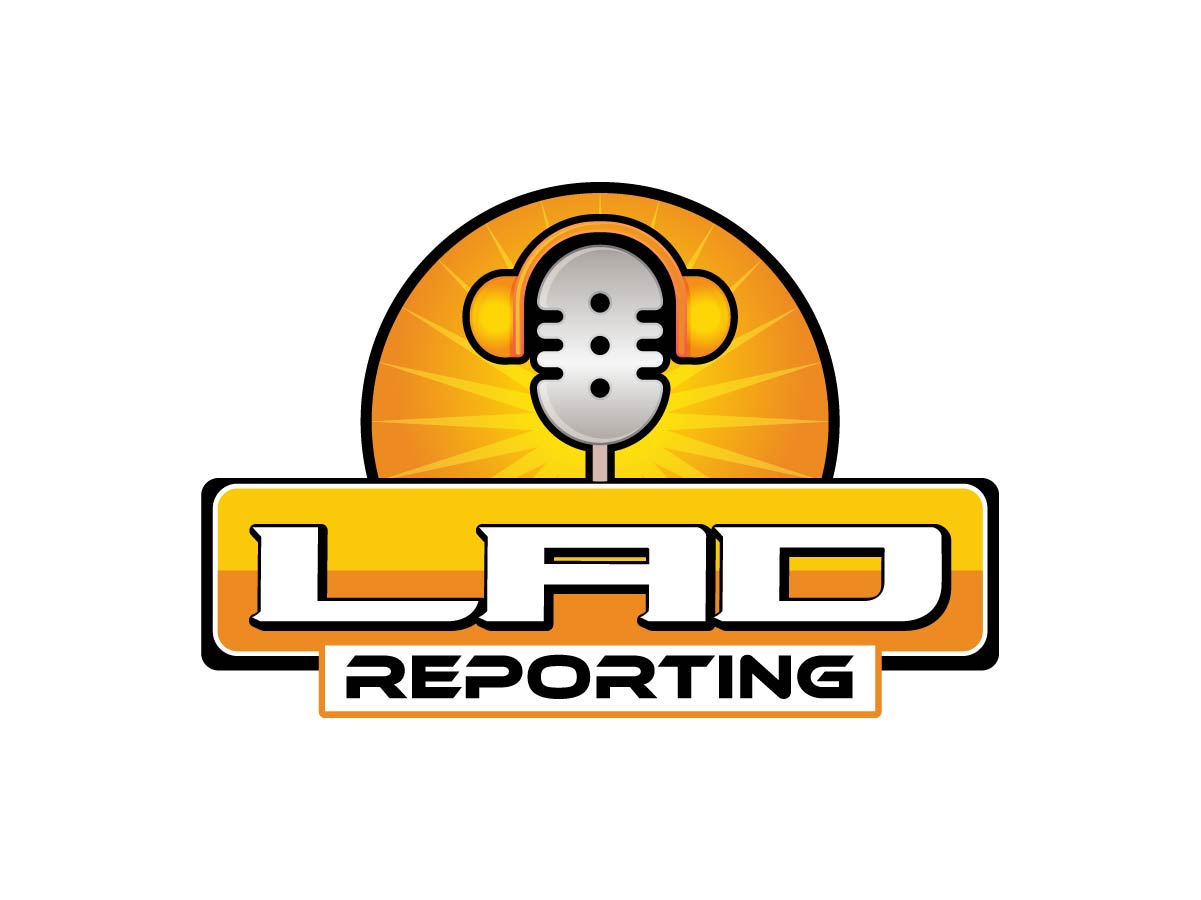What ‘Digital Estate’ Means Today—And 4 Tools People Over 60 Are Searching For


Organizing your digital assets has become as crucial as keeping your physical possessions in order. The subject of what happens to our digital assets when we pass away is no longer limited to computer professionals or young people, as more and more aspects of our lives are conducted online. People over 60 are becoming more conscious of the fact that their digital footprint encompasses everything from social media and email accounts to online banking and cloud storage. Family members may experience emotional and legal difficulties if these assets are not planned for. By managing your digital estate now, you can safeguard your legacy and provide your loved ones with peace of mind.
However, what does “digital estate” actually mean in the modern sense? It includes all digital information, profiles, and records that may have sentimental, monetary, or personal significance; it goes beyond simply passwords. With that in mind, here are four digital estate planning tools people over 60 are searching for right now.
1. Password Managers
A password manager is one of the most fundamental yet important tools in digital estate planning. It gets harder to remember thousands of different passwords as we get older. A password manager makes it simpler for you to safely access your accounts by centrally storing and encrypting all of your login information. Equally crucial, it lets you assign a reliable person to access your credentials in the event that you are unable to.
Numerous services, such as 1Password and LastPass, provide emergency access capabilities. You can establish guidelines that allow a loved one to enter after a waiting period or after your death has been verified. This prevents your family from being denied access to crucial accounts and guarantees that your digital estate won’t be permanently locked away.
2. Digital Will Creation Services
Digital assets are not typically covered by traditional wills. For this reason, digital estate planning is increasingly incorporating digital will creation services. You can list all of your digital assets, including emails, pictures, social media, and cloud papers, and designate what should happen to them with the help of these tools.
Certain platforms, such as Everplans, even walk you through the steps of recording each asset’s instructions. You are in charge of determining who has access, what should be kept, and what should be removed. Your loved ones may avoid future confusion and legal issues thanks to this clarification. You may make sure that your digital estate is as well-organized and easily accessible as your physical one by employing a digital will service.
3. Social Media Legacy Tools
Many people’s lives revolve around their social media accounts. But after you’re gone, what happens to them? Legacy contact options are now available on social media sites like Facebook and Instagram. With the help of these choices, you can choose a successor to take care of your profile, memorializing it, removing it, or even downloading it for storage.
Many people over 60 are taking the step of setting up a legacy contact to make sure their online presence is managed the way they like. It provides your loved ones with authority over your digital estate and avoids unpleasant surprises like inappropriate posts or hijacked accounts. Spend a few minutes checking your social media accounts’ settings to make sure your preferences are clear, if you haven’t previously.
4. Secure Cloud Storage Solutions
Online storage is common for photos, vital papers, and even private journals. Another tool that adults over 60 are using to manage their digital estate is secure cloud storage. You may share access with trusted people, establish permissions, and organize data using services like Microsoft OneDrive, Dropbox, and Google Drive.
You may ensure that your most important digital data won’t be lost in the event of a device failure or a password failure by transferring it to a secure cloud. In certain situations, some cloud services even come with built-in features that allow files to be shared or ownership transferred automatically. You and your heirs will find it easier to manage your digital estate as a result.
Planning Your Digital Estate: A Modern Necessity
Digital estate planning is obviously no longer limited to tech-savvy individuals. Since so much of our personal and financial data is now available online, managing your digital estate has become an essential component of estate planning in general. These solutions—cloud storage, social media legacy tools, digital will services, and password managers—help persons over 60 maintain control over their digital legacy.
Don’t undervalue the significance of creating a digital estate strategy. List your assets and online accounts first, then select the tools that best suit your requirements. Speak with family members so they can assist in carrying out your desires and know where to obtain instructions. By preparing your digital estate now, you can prevent future stress for your loved ones.
Is your digital estate on your mind? Which resources or actions have you found useful? Leave a comment below with your ideas and experiences.
READ MORE: LAD REPORTING




